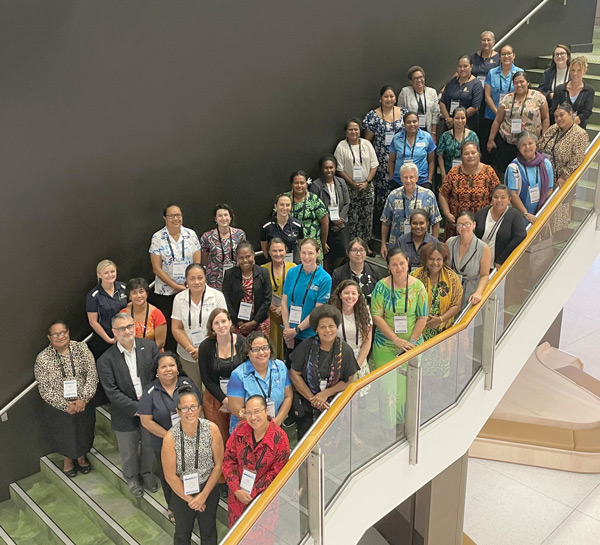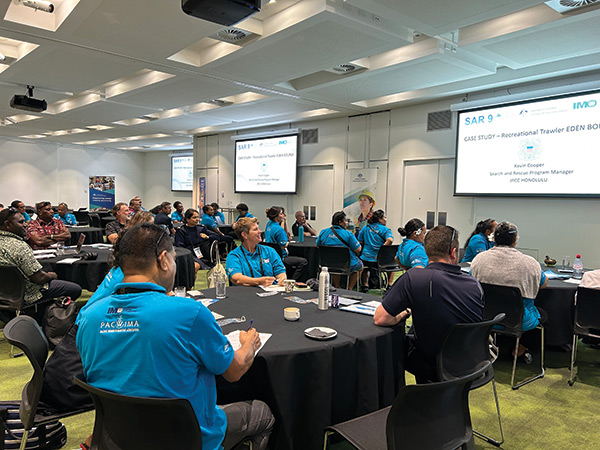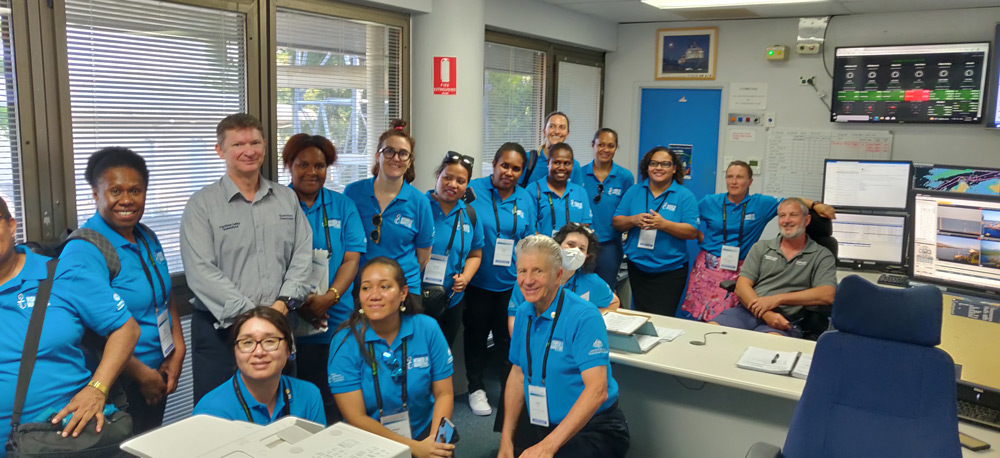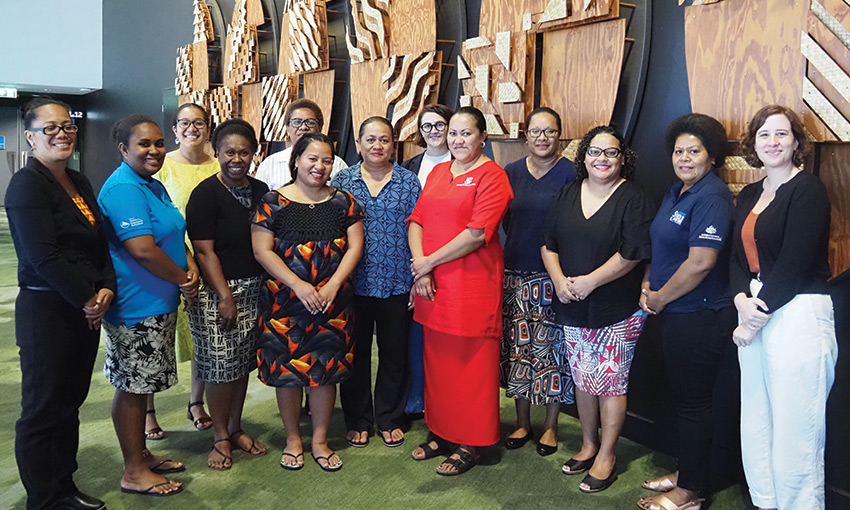THE advancement of gender equality is experienced differently around the world, and in every walk of life there are vastly different challenges for advancing the equality of all humans, regardless of gender.
These challenges can be global and felt in a similar way around the world. Yet these worldwide challenges can also be experienced differently depending on where a person is born, raised, lives, educated or works. It is with this understanding, that I believe equality is not achievable without equity.
While gender is only one aspect of diversity and equity, I am interested to consider how each of us can work locally within our organisations and communities to further the global advancement of gender equality. There is much we can do within our local spheres of influence to ensure boardrooms, workplaces, sporting teams, education systems and opportunities reflect the demographic make-up of our society.
BARRIERS OF THE GENDER GAP
On publishing its Global Gender Gap Report 2022, the World Economic Forum suggested “gender parity is not recovering” and estimated it will take another 132 years to close the global gender gap. It said as crises are compounding, “women’s workforce outcomes are suffering” and the risk of global gender parity backsliding further intensifies.
While individuals and communities around the globe feel the impacts and barriers of the gender gap differently, when we take the opportunity to join the dots and work together, there is a wider and more far-reaching impact that can felt by supporting local initiatives that are equitable.
A good example of this is The Nautical Institute’s South East Australia (SEA) Branch, which developed the Women in Maritime initiative nearly 10 years ago. This sought to fill a gap in supporting and advocating for gender equality and improved representation and support for women in Australia’s maritime operational workplaces.
A greater number of organisations have since taken up the project, including Women’s International Shipping & Trading Association chapters, Maritime SheEO and Women Offshore. The Nautical Institute’s SEA Women in Maritime group supports these organisations and joins the dots by looking for opportunities to help with priorities and objectives affecting regional areas.
The flow on effect of this regional support network has provided The Nautical Institute’s SEA Branch with an opportunity to reset objectives, which pushes the agenda of all intersectional diversity and grows to represent and advocate for all diversity in maritime.
REGIONAL COLLABORATION FOR GENDER EQUALITY
Another great example of collaboration is the International Maritime Organization’s gender program and the third regional conference of the Pacific Women in Maritime Association. PacWIMA was held in Cairns from 27 February until 3 March this year. The Australian government hosted the conference through the Australian Maritime Safety Authority. It was jointly co-ordinated by the Pacific Community (SPC) and the IMO.
It was rewarding for this region to come together in person after some challenging years for the betterment of gender equality across the Pacific. Delegates represented the Cook Islands, Fiji, Kiribati, Nauru, Niue, Papua New Guinea, Samoa, Solomon Islands, Tonga, Tuvalu and Vanuatu. The executive committee of PacWIMA, partners from AMSA, Maritime New Zealand, the Torres Strait Regional Authority, WISTA Australia and the World Maritime University also attended.

State representatives reinforced the strategic objectives and priorities relevant to their communities and regions, aligning with government strategies in the commitment to achieve the United Nation’s Sustainable Development Goal 5, to achieve gender equality and empower all women and girls and other SDGs related to maritime.
The conference acknowledged the progress made since the second regional conference in 2018, including the challenges faced by women during the pandemic. Of special note was the important work undertaken by the Pacific region in influencing the IMO to proclaim 18 May each year as International Day for Women in Maritime, the first of which was celebrated in 2022. In the words of PacWIMA’s immediate past chair Dinah Omenefa, this success demonstrates a “ripple effect from the Pacific being felt around the globe”.
LESSONS FROM PACWIMA
The conference highlighted that collecting and sharing reliable data is a common challenge across maritime organisations when it comes to understanding baselines and progress in workplace diversity, equity and inclusion. The need for frameworks must be given priority to establish reporting, data entry and analysis points for measuring progress and success.
Holding this conference in parallel with the ninth Pacific Search and Rescue workshop was an excellent opportunity to open up dialogue across search and rescue efforts and look for further means of collaboration between PacWIMA and search and rescue operators in the Pacific.


The PacWIMA conference also covered other important topics such as
- the prevention of sexual assault and sexual harassment of seafarers;
- the use of key performance indicators and annual performance reviews to measure progress;
- IMO short course fellowships and initiatives to improve visibility, recognition and training of women in the maritime sector;
- AMSA’s progress with addressing gender equity within their organisation;
- successes and challenges faced by Indigenous women in maritime and the governance experience of the Torres Strait Regional Authority;
- World Maritime University fellowship opportunities at IMO training institutions and the Adopt a Ship program for school students;
- Australia’s approach to changing the narrative and promoting engagement, empowerment and education as tools for advancing the role of women in maritime; and
- thanks to the previous PacWIMA executive committee and a big welcome and congratulations to the new committee, including chair Meliame Fusi Tualau from Tonga.
The conference demonstrated that when we work together to listen, learn and join the dots we can provide the necessary resources, tools and measures to be able to support each other. In this way, we can use small steps to create big advances in the work of gender equality with equitable initiatives that consider individual, regional and local needs as well as global goals for the advancement of gender equality.
This article appeared in the April 2023 edition of DCN Magazine







